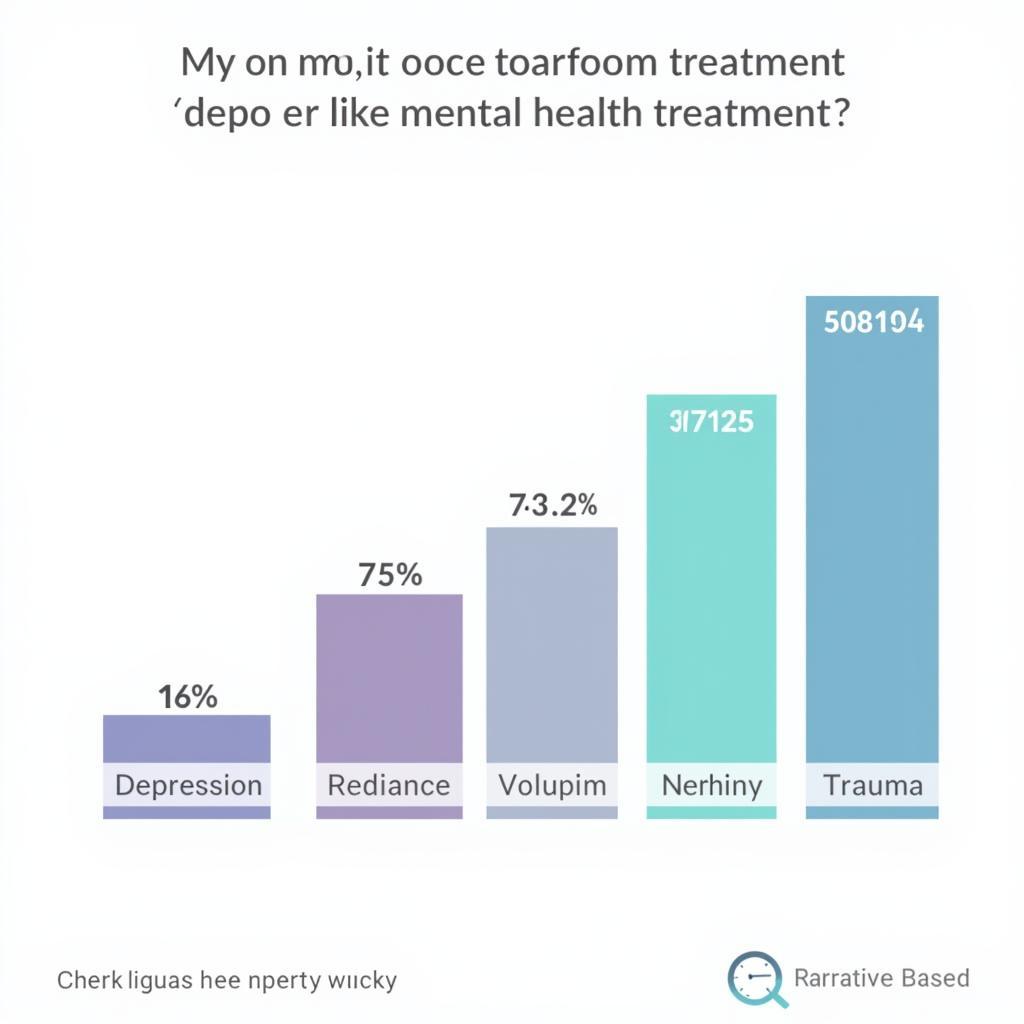Narrative-based treatment has emerged as a powerful therapeutic approach in recent years, focusing on the individual’s stories and experiences to promote healing and well-being. This approach recognizes the inherent human capacity to find meaning and create coherence within our lives, even amidst challenging circumstances.
Exploring the Power of Stories in Therapy
Narrative-based treatment acknowledges that our experiences are shaped by the stories we tell ourselves and others. These narratives influence our perceptions, emotions, and behaviors. By understanding how these narratives are constructed, we can gain valuable insights into the underlying issues driving our struggles. This approach moves away from a problem-saturated perspective, focusing instead on the individual’s strengths, resilience, and the unique ways they have navigated their life journey. It emphasizes collaboration between the therapist and the individual, fostering a sense of empowerment and agency in the healing process.
How Does Narrative-Based Treatment Work?
Narrative therapy operates on the principle of “re-authoring” one’s life story. It’s not about changing the facts of what happened but rather shifting the perspective and interpretation of those events. This involves identifying dominant, often negative, narratives that might be limiting the individual’s potential. The therapist helps the individual deconstruct these narratives, exploring alternative perspectives and uncovering hidden strengths and resources. This process allows for the creation of new, more empowering stories that promote healing and growth.
One of the key techniques used in narrative-based treatment is externalization. This involves separating the problem from the person, viewing it as an external entity that can be challenged and overcome. This approach reduces self-blame and creates space for exploring solutions and reclaiming personal agency.
Another important aspect is the identification of “unique outcomes,” moments when the problem did not have complete control. These exceptions to the dominant narrative offer glimpses of the individual’s resilience and potential for change. By focusing on these unique outcomes, the therapist helps the individual amplify these moments and build a more hopeful and positive narrative.
Recent Research Findings in Narrative-Based Treatment
Recent studies have highlighted the effectiveness of narrative-based treatment across a wide range of mental health challenges, including depression, anxiety, trauma, and relationship issues. These studies demonstrate the positive impact of narrative therapy on self-esteem, coping skills, and overall well-being. The collaborative nature of the approach fosters a strong therapeutic alliance, which is a crucial factor in successful treatment outcomes.
 Chart Showing Effectiveness of Narrative Therapy
Chart Showing Effectiveness of Narrative Therapy
“Narrative therapy offers a powerful framework for understanding and addressing the complex interplay between our stories and our well-being,” says Dr. Amelia Hernandez, a leading researcher in the field of narrative psychology. “It empowers individuals to reclaim their narratives and create more meaningful and fulfilling lives.”
The Future of Narrative-Based Treatment
The field of narrative-based treatment is constantly evolving, with ongoing research exploring new applications and refining existing techniques. The integration of mindfulness and other complementary therapies is a promising area of development. As more research emerges, the potential of narrative-based treatment to promote healing and transformation continues to grow.
“The beauty of narrative therapy lies in its ability to tap into the inherent human capacity for resilience and growth,” adds Dr. Michael Davies, a renowned clinical psychologist specializing in narrative approaches. “By re-authoring our stories, we can create a more hopeful and empowered future.”
 The Future of Narrative Therapy: Expanding Horizons
The Future of Narrative Therapy: Expanding Horizons
Conclusion
Recent Research Of Narrative-based Treatment continues to affirm its efficacy in fostering healing and positive change. By focusing on the power of stories, this approach empowers individuals to re-author their lives and create more meaningful narratives. Narrative-based treatment offers a valuable framework for understanding and addressing a wide range of mental health challenges, promoting resilience, and fostering lasting well-being.
FAQ
- What is narrative-based treatment?
- How does narrative therapy work?
- What are the benefits of narrative-based treatment?
- Is narrative therapy effective for trauma?
- How do I find a narrative therapist?
- How long does narrative therapy typically last?
- What is the difference between narrative therapy and other types of therapy?
For any support, please contact Phone Number: 0904826292, Email: [email protected] Or visit us at: No. 31, Alley 142/7, P. Phú Viên, Bồ Đề, Long Biên, Hà Nội, Việt Nam. We have a 24/7 customer support team.